- Clinical Technology
- Adult Immunization
- Hepatology
- Pediatric Immunization
- Screening
- Psychiatry
- Allergy
- Women's Health
- Cardiology
- Pediatrics
- Dermatology
- Endocrinology
- Pain Management
- Gastroenterology
- Infectious Disease
- Obesity Medicine
- Rheumatology
- Nephrology
- Neurology
- Pulmonology
Friday's 5 Quotes for Primary Care 6-2-2023
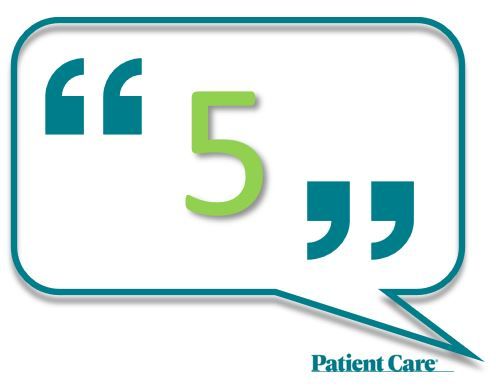
Each of the quotes that follow is taken from a study reviewed on Patient Care® during the past week and was chosen for the research team’s passion about the clinical implications of their findings and for their potential impact on primary care practice.
©Waldenmarus/Adobe Stock
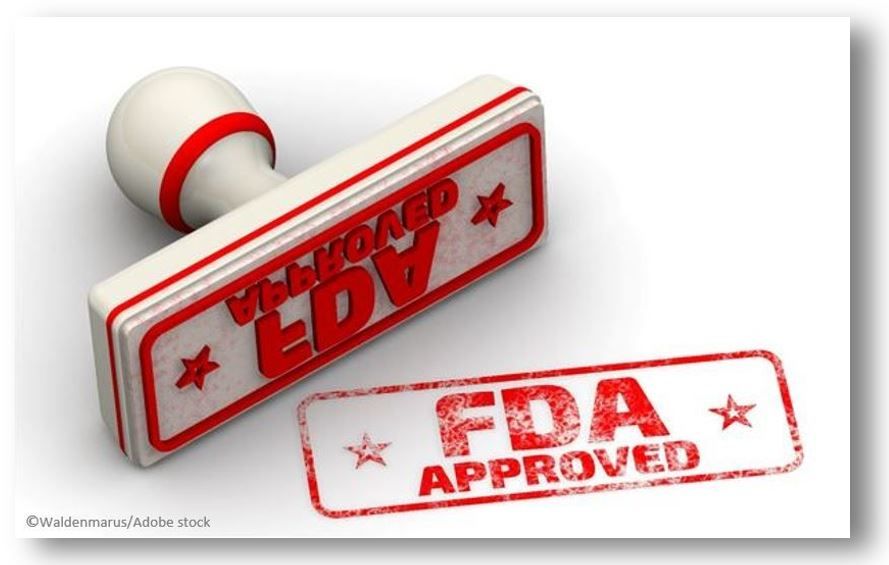
The bivalent RSV prefusion (RSVpreF) vaccine is indicated for prevention of lower respiratory tract disease (LRTD) caused by RSV in individuals aged ≥60 years.The approval is the second milestone reached after more than 50 years of research to create the antigen that would safely elicit the most robust immune response to the virus. The Pfizer approval follows the FDA’s decision last month to greenlight Arexvy (RSVPreF3 +AS01E), the GSK vaccine to prevent LRTD caused by RSV, also in individuals aged ≥60 years.
©alexlx/Adobe stock
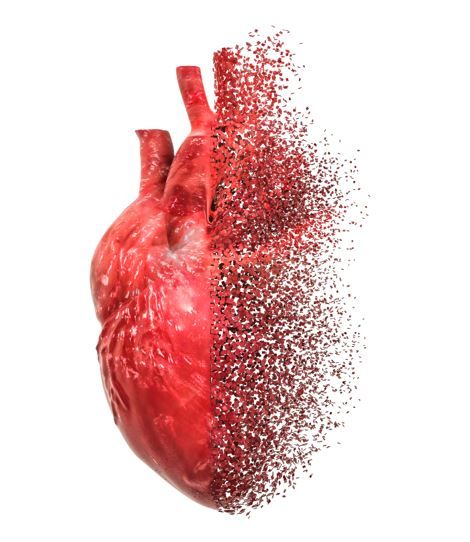
“What we are seeing is that many people with T2D who have not had a heart attack or a history of CVD are at high risk for cardiovascular complications. When we look at the whole population of people diagnosed with T2D, about 27 million adults in the US, according to the CDC, some are at low risk and some are at high risk for CVD, so the open question is ‘Who is most at risk?’ These cardiac biomarkers give us a window into cardiovascular risk in people who otherwise might not be recognized as highest risk.”
Courtesy Vanderbilt University
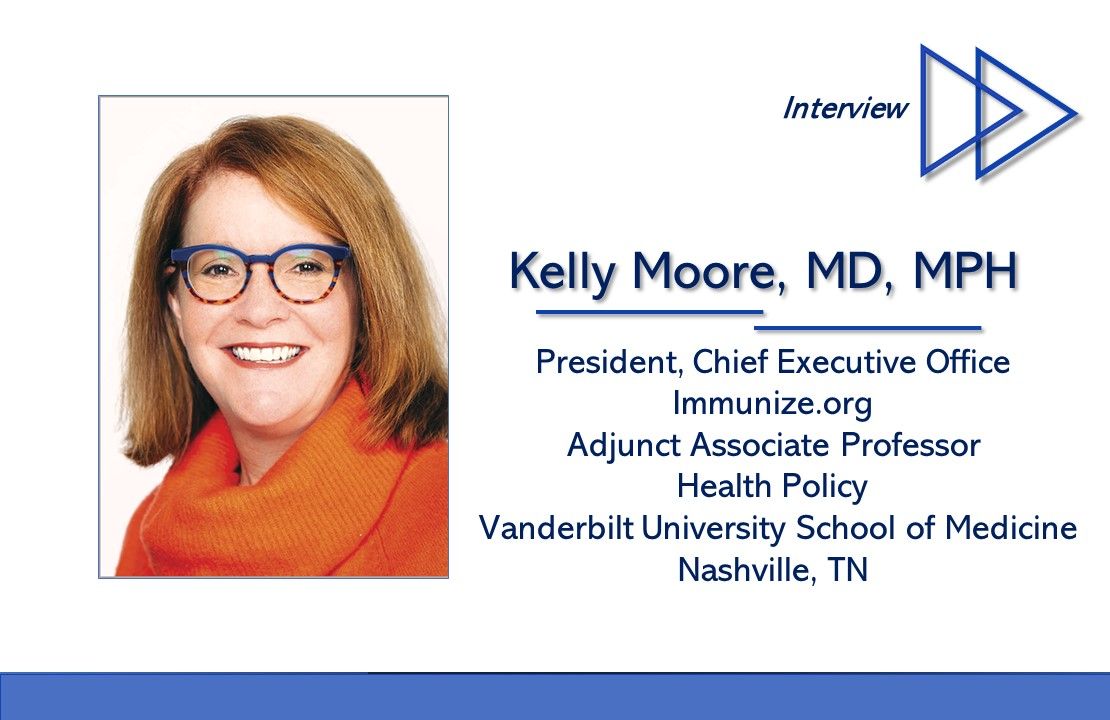
"We are going to need to invest in more robust surveillance systems. Truly what we are missing with RSV is a firm understanding of just how pervasive it is, how often it's responsible for hospitalizations." Kelly Moore, MD, MPH, president and chief executive officer of Immunize.org, has extensive experience with large scale immunization campaigns and spoke about what education and communication strategies will need to focus on for US health care practitioners to become comfortable allocating resources to administer the new vaccine.
©Antonio Diaz/Adobe Stock
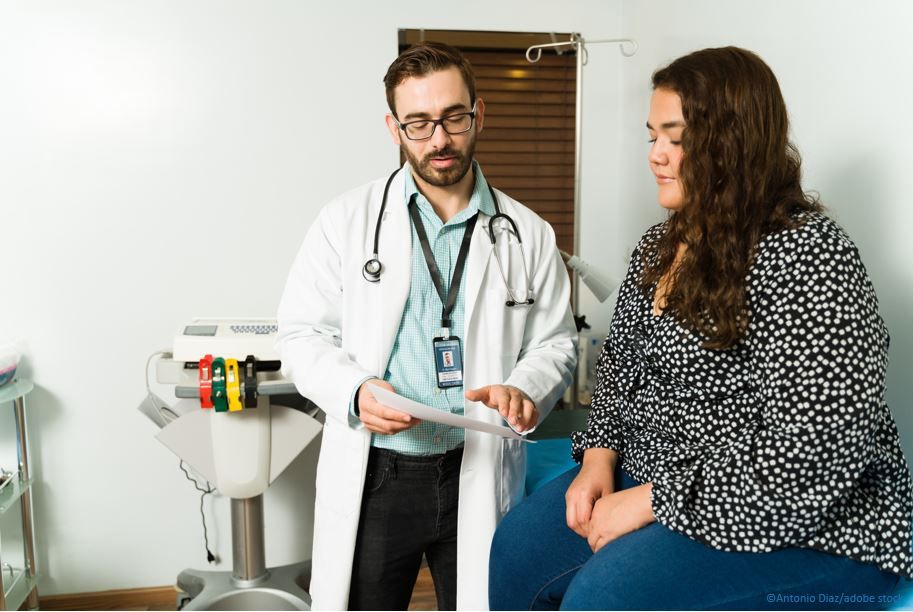
“Even for those patients who were seen for their weight, very little was done in terms of medical treatment or referral to someone specializing in weight management. These results unmask an enormous unmet need to develop pragmatic approaches to implementing weight management in primary care,”
©Courtesy US HHS
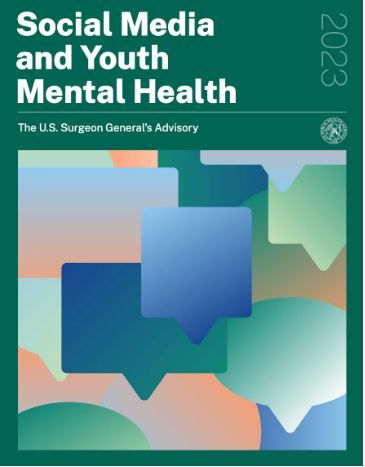
“Children are exposed to harmful content on social media, ranging from violent and sexual content, to bullying and harassment. And for too many children, social media use is compromising their sleep and valuable in-person time with family and friends. We are in the middle of a national youth mental health crisis, and I am concerned that social media is an important driver of that crisis – one that we must urgently address.”
Obesity Linked to Faster Alzheimer Disease Progression in Longitudinal Blood Biomarker Analysis
December 2nd 2025Biomarker trajectories over 5 years in study participants with AD show steeper rises in pTau217, NfL, and amyloid burden among those with obesity, highlighting risk factor relevance.
